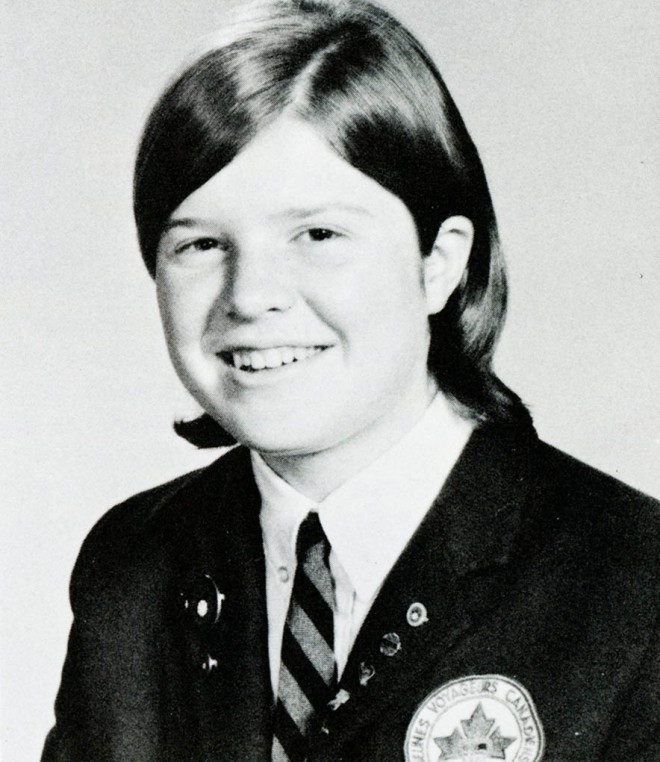The first female provost at the London School of Economics, shares her insights into post-secondary preparedness

There is no doubt that Robin Mansell ’69, Professor of New Media and the Internet in the Department of Media and Communication at the prestigious London School of Economics (LSE) is an accomplished woman. You only have to look at the long list of books she has authored and articles that she has published on the subject of digital technology and society to be suitably impressed. But in spite of that, and the fact that just this year she became the first female Deputy Director and Provost at LSE, she is an incredibly humble person. Maybe it is her Vancouver roots or because she feels that where she is now is not exactly where anyone would have expected her to be.
A Yorkie “lifer”, her unexpected career trajectory is something she attributes, in many ways, to her time at York House School. As a Huron House Captain, Robin describes her York House self as sporty, somewhat shy and a bit precocious. Reflecting back on her time at York House, Robin comments, “If anybody ever asks me where I get my determination, I can only think that it was York House.”
I feel very fortunate to have been able to meet with Robin while I was visiting London this past September. Over the course of two hours, I was able to talk to her about how her York House education impacted her life and what she thinks is most important for girls to learn today as they prepare for post-secondary education.
Chantal: What resonated with you most about your time at York House?

Robin: I think it was the close-knit friends that I had, partly through sports and partly through the every day life of the school. When I think back on it, what really stood out were the teachers. There were exceptionally good teachers. They were enthusiastic and encouraging. I was terrible in French and didn’t believe I was any good at math. I was not what you would call a wonderful student. No one would ever have thought then that I would carry on to do what I did. But we were never allowed to give up and always encouraged to do more.
In Grades 9 to 12, I had an exceptional math teacher and I was able to overcome my huge resistance to math. I went on to become a multi-method researcher, doing qualitative and quantitative research.
There was no reason in my life trajectory that I should have gone to university. My mother went to art school and my father was a businessman with no university education. It was the teachers at York House who encouraged me to sit the scholarship exams. I won a scholarship to go to UBC for my first year and that set me on my pathway. Those things probably wouldn’t have happened without the teachers at YHS.
Chantal: What was the most valuable thing that you learned about yourself at YHS?

Robin: I am an impatient person but it really was learning to be persistent. If something isn’t going your way, I always try to find a way, to find a solution, to knock down barriers. I also learned to look beyond myself and see how it is possible to get along with people. I seem to have a talent for working with people collaboratively. It is important to bring hearts and minds together in order to reach a consensus.
Chantal: What capacities do young girls need to have in order to be successful in the world?
Robin: Resilience and being true to their own values, even when they come up against views that aren’t consistent with their own. You really need to try to understand the history of where people are coming from. This will be an asset for the girls as they come into the world.
Chantal: Your area of study is digital technology. Where do you stand on whether technology enhances or hinders learning?
Robin: Innovation always comes with great potential and great risk. Right now a popular “buzz” word in education is “Blended Learning” which combines online or IT based learning with traditional learning.
I think what we are seeing is the potential for a much richer, multi-faceted learning environment, especially for people around the world who would not have had access to knowledge in the past. But I also think that, if knowledge is all that is encountered, without putting it into action through learning, exploring, growing and being creative with it; if it is only based on an online learning environment, in the long term, this can be problematic.
Chantal: What are three things that you think are really important for our faculty to be able to cultivate, develop or foster in our girls for them to be ready for post-secondary studies?
Robin: Time management by which I mean work-life balance. I think that is hugely important.
The second would be independent information seeking, mostly online, with the emphasis on “independent”. Not simply providing a list of references because that’s what you need to learn and repeating them back creatively in an essay. At LSE that would just get you a pass.
The third would be the ability to distinguish different styles of expression. To understand that there is a variety of styles of writing and expression. Many students who come to LSE may be exceptional in a recognized English style of essay writing. But when you ask them to write something that is oriented towards communicating with business people, government policy makers, or practitioners who work in NGOs, they still want to write as an academic. Or the opposite; and somebody who wants to write a press release and they are not able to write an academic essay.
If you are going to communicate with the different stakeholders in life that you encounter, the girls need to be multi-faceted. They need to understand that when you shift your mode of communication, it’s not that different styles of communication have a different status, but that they have a different purpose. Understanding that it is possible to be creative and introduce new ideas through different modes of expression is a huge challenge.
It comes down to preparedness. You can have all of the knowledge but if you don’t have generic skills, such as oral and written presentation and communication skills, when you enter the job market, employers are going to have to retrain you. If you are going to the top class universities in Canada, the US or in the UK that just doesn’t make sense.
I think it is really important for students to be trained in high school to value different modes of expression. Then it is not such a shock when they get to university and they find out that there is not just one style of academic essay. Universities are investing in training their undergraduates to be able to express themselves in multi-faceted ways.
Chantal: Parents today have anxiety, as we all do, understanding that getting a post-secondary education is not enough to guarantee success and it won’t even guarantee a job anymore. Because there is so much competition, everyone wants to accelerate their child’s learning. If you were to talk to parents, what advice would you give them?
Robin: We are seeing more mental health problems across the LSE where competitiveness and fear of failure are significant factors. For parents, it is important for them to know that when their daughter leaves York House School to enter post-secondary education, if all she thinks about is getting an A or a distinction, or if she is not eating or sleeping, she will miss out on important facets of the university experience. She is more likely to get a distinction if she has more balance in her life. Parents could do a lot to encourage their daughters to think about this.
The students who are receiving distinctions are those who can assimilate the facts, think about them relationally and then think about how to how to apply their knowledge. Staying up all night to memorize x, y or z is not the route to success.
Chantal: If you were able to talk to our girls today what would you tell them?
Robin: Be enthusiastic, be hopeful, be determined, be creative and respect others.
At this point in history, there is a huge need for global problem solving abilities. For young people, there is no hiding place from this reality. Young people can make a difference and having that hope is essential in society today.
Chantal: I was amazed by how so much of what Robin shared of her York House experience still reflects the core values we want for our girls today. I was equally impressed with the insights she shared on how to prepare our girls for life beyond YHS. I want to thank Robin for both her generosity of spirit and of time and hope it won’t be too long before she walks through the doors of York House once again.

